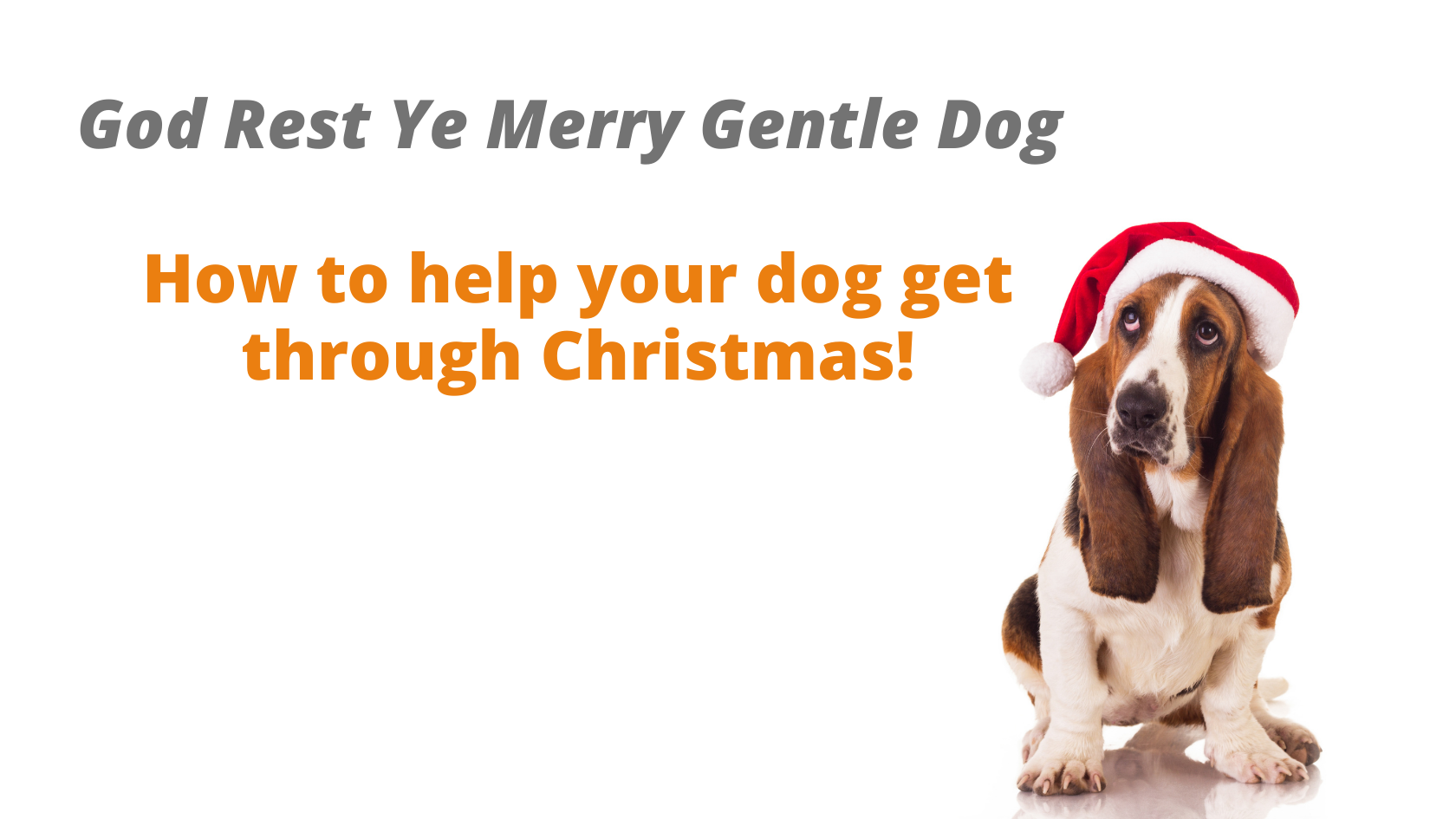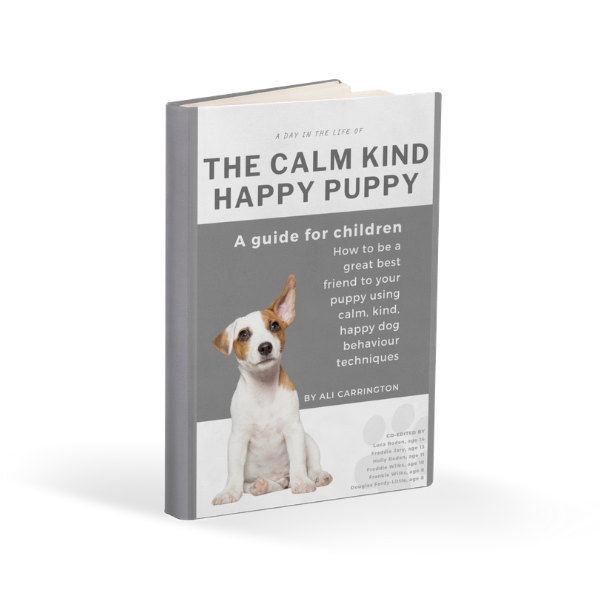Did you know that one of the busiest times of the year in dog behaviour world is between Christmas and New Year? No surprises really when you think about it… our dogs always notice, and are affected by, change. That change could be in a routine, but it’s also the change in the behaviours and emotions of the other beings in the household…. And I guess I’m not really talking about the cat. Yes it’s us! We are the ones who send our dogs mad over Christmas!
Dogs are like sponges! They sense and absorb our heightened emotions, the excitement, stress, the anticipation. They respond to children’s excitement around present giving and receiving, they feel the anxiety of the stressed chef! The kitchen smells can be overwhelming for our dogs, and as much as they may have gotten used to the new items in the house (the flashing lights, the decorations, a tree, the presents) but they all add to the changes in the house. Christmas time for dogs can be one incredible stimulus after another.
And then, just as the adrenalin is tipping the scale, there are visitors to deal with. Remember that dogs are not natural welcomers of visitors! Actually their natural instinct is to be extremely wary of non-family members.
So how can we help guide our dogs through this time of change? Have a read below for some tips to make it easier for them at Christmas:
- Think in advance about where your dog can have their own respite area… is it your bedroom? Is it a crate? Is it the utility room with a dog gate on it?
- Think in advance about the periods of time that you know will stress them out the most. And just before that thing happens, pop your dog in that area of respite. Put some classical Christmas music on and you go and sort out whatever it is. You can come and get them when you’re ready and you think they will be able to cope.
- Make sure that any food you don’t want the dog to have is push right back on the counter, or even better have the kitchen as off limits for the dog on that day. There is no “theft” in dog world, simply food that is left available to them. That is our responsibility.
- If you are having visitors and you have a dog who jumps up or nips, you can simply put the dog away in the respite area before they arrive and then when everyone is settled you can bring the dog out on lead. The key thing here though is to ask your visitors for their help in keeping the dog happy. How do they do this? By not giving the dog direct eye contact, and by not approaching the dog. And if your visitors can’t do this, and some visitors can’t (!), then it’s easier and more peaceful for the dog to be popped into their respite area.
- What if you are the visitors and you are bringing your dog to someone else’s home? Keep them on the lead until you are certain your dog is feeling relaxed. If you allow the dog to investigate everything too quickly, you risk them scent marking to help them selves feel safe. Once you step out of the car with them, why not take a few calm moments to let them see they are in a new environment outside, partake in some Stop Start Change Direction, and then walk them towards the house of your friends or family. It would also be helpful if you had asked them in advance to disregard the dog for the first hour, which will take the pressure off the dog and they can get used to the new surroundings without added stimulus of over excited meet and greets!
- Be patient with dogs who need to stay in another dog’s home, or vice versa. Again, this is not natural canine behaviour, just to rock up and have a sleep over! So think ahead about where each dog could have their own respite areas to begin with. Then, see if you can meet the other dog on neutral territory before walking back home together, again keeping them both on leads if there is any over the top behaviour. Most dogs need a bit of time and calm guidance from their people to accept another dog on their territory.
- Finally, in any emergency situation where the dog is reacting in any way you don’t like, go immediately back to basics: take away eye contact, use dog gates to separate the dog from any trouble, avoid approaching the dog (ie. always invite the dog to you, giving them a choice to be touched/cuddled). In this way we take the pressure off the dog and keep everyone safe and relaxed.
Wishing you and your dogs a very Merry Christmas!



